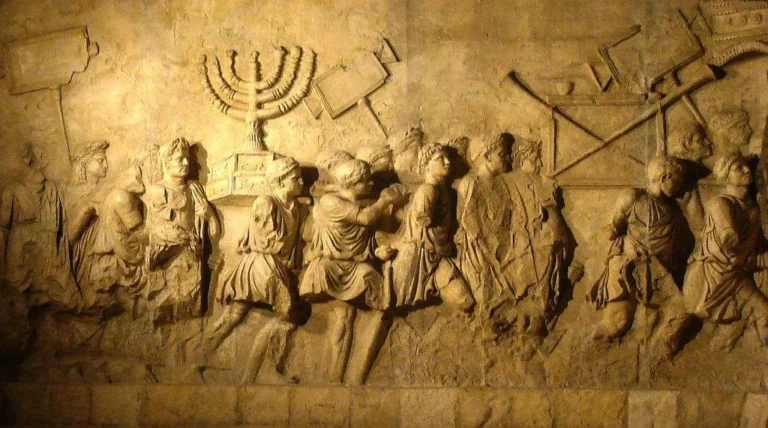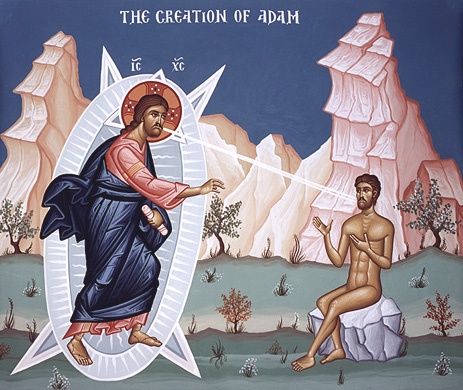
“Truly, I say to you, today you will be with me in paradise.” – Luke 23:43
This is said to one of the criminals crucified alongside Jesus, who asks Jesus to remember him when He comes into His kingdom.
The second of the seven last sayings of Jesus Christ on the cross, “Truly, I say to you, today you will be with me in paradise” (Luke 23:43), is a profound declaration of hope and salvation. Spoken to the repentant thief crucified alongside Him, this statement has deep theological significance within Orthodox Christianity and offers rich material for Bible study.
Contextual Analysis
This conversation occurs in a moment of extreme agony and public humiliation. Two criminals are crucified with Jesus, and initially, both mock Him along with the crowd. However, one of them experiences a change of heart, recognizes Jesus’ innocence and kingship, and asks to be remembered in His kingdom. Jesus’ response to this thief is immediate and profound, promising him paradise that day.
Theological Significance
1. The Nature of Repentance: The repentant thief’s request, “Remember me when you come into your kingdom,” exemplifies true repentance—recognizing one’s sinfulness and turning to Christ for mercy. Orthodox theology holds that genuine repentance is always met with God’s forgiveness and grace, as illustrated by Jesus’ promise of paradise.
2. The Kingdom of God: Jesus’ reference to “paradise” is significant. In Orthodox understanding, paradise is more than a place of rest; it is the restored communion with God, lost through Adam’s sin but regained through Christ. This statement affirms the reality of the Kingdom of God and the promise of eternal life with Him for all who turn to Christ in faith and repentance.
3. Immediate Salvation: Jesus’ assurance, “Today you will be with me,” emphasizes the immediacy of salvation for those who truly repent and believe. It underscores the Orthodox belief that salvation is not merely a future event but begins in the present moment through union with Christ.
4. Christ’s Sovereignty Over Death: By promising the thief entry into paradise despite his imminent death, Jesus demonstrates His authority over life and death. This speaks to the Orthodox understanding of Christ’s victory over death through His crucifixion and resurrection, offering hope of eternal life for believers.
Ethical and Spiritual Implications for Believers
1. The Power of Mercy: This interaction illustrates the transformative power of Christ’s mercy. Orthodox Christians are reminded that no one is beyond the reach of God’s forgiveness if they turn to Him with a contrite heart.
2. The Importance of Humility: The repentant thief’s acknowledgment of his guilt and recognition of Jesus’ innocence and divinity is a model of humility for believers. It teaches the importance of acknowledging one’s sins and relying solely on God’s mercy for salvation.
3. The Urgency of Repentance: Jesus’ promise of paradise “today” highlights the urgency of repentance and the immediacy of God’s grace. It encourages believers not to delay turning to God, as the opportunity for reconciliation and salvation is always present.
4. Hope in Suffering: This saying provides hope and comfort to those suffering, reminding them of the promise of eternal life with Christ. It assures believers that, regardless of their current trials, they have a future hope in the paradise of God’s presence.
Conclusion





